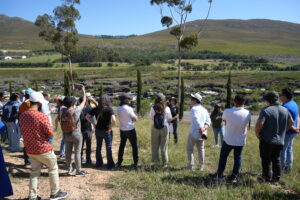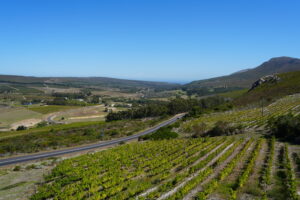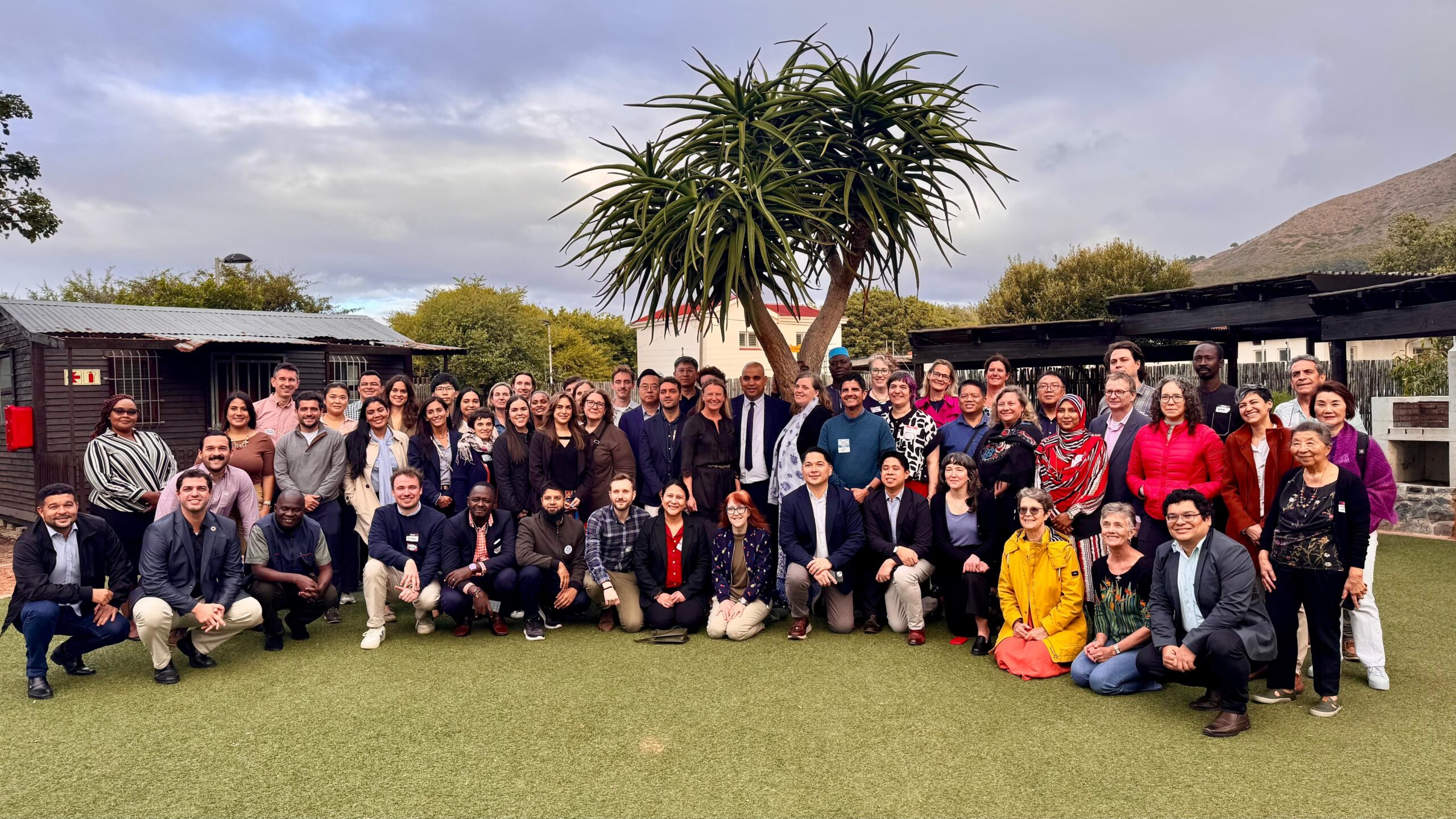Date: 25-28 April 2025
Location: Cape Town, South Africa
Participants from UNU-IAS OUIK: Dr Juan Pastor-Ivars and Ms Yoko Tomita
Overview
From March 25 to 28, 2025, representatives from UNU-IAS OUIK participated in the Generation Restoration workshop held in Cape Town. This international gathering brought together city officials, researchers, and practitioners to explore innovative strategies for urban ecosystem restoration using nature-based solutions (NbS).
Over the course of four days, participants engaged in discussions on inclusive governance, climate resilience, sustainable financing, and digital tools for environmental planning. They also took part in site visits across Cape Town to observe local ecological restoration initiatives in practice. OUIK contributed insights from Kanazawa, Japan—particularly its integration of cultural heritage, community participation, and biodiversity conservation into urban policy.
Kanazawa’s Contribution
Kanazawa was featured in sessions focusing on the intersection of cultural values, environmental planning, and youth engagement. The city’s initiatives—such as the management of traditional gardens, youth involvement in biocultural projects, and strategies for managing tourism in heritage areas—were highlighted as compelling models for community-based restoration. These examples resonated with other cities facing similar challenges.
Tools, Finance, and Local Innovation
Participants shared case studies from cities including Curitiba, Iloilo, and Glasgow, focusing on tools for impact measurement, multi-stakeholder coordination, and the integration of biodiversity into policy frameworks. A key highlight was the launch of the Urban NbS Tool by UNEP-DHI, which supports data-driven, climate-resilient planning through analysis of flooding, vegetation health, and urban heat islands.
Field Visits & Ecological Lessons
On Day 2, attendees visited the Blaauwberg Nature Reserve and Table View dune restoration sites—examples of active, community-supported biodiversity recovery efforts. On Day 4, the Onrus Catchment-to-Coast project illustrated the complex challenges of restoring wetlands and estuaries amid climate stress and land-use pressures, reinforcing the importance of integrated watershed management.


Moving Forward
The final sessions emphasized the need to sustain the Generation Restoration network beyond its formal conclusion in 2025. Key initiatives include expanding the CitiesWithNature platform, strengthening global storytelling efforts, building partnerships with multilateral development banks, and organizing a final global gathering in São Paulo. Kanazawa’s example stood out as a model of how urban NbS can effectively align with cultural continuity, local leadership, and climate adaptation.





